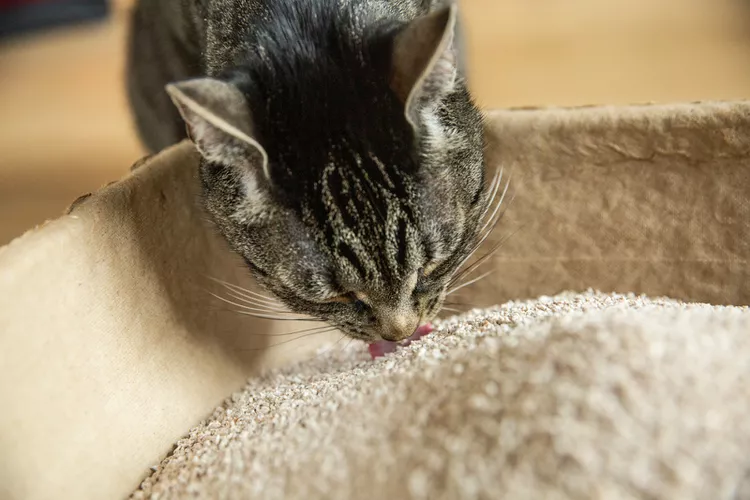
Cats may eat litter—and other undesirable materials—for a variety of reasons. This behavior is referred to as pica, the eating of non-food items.
Pica has a variety of causes and may stem from a mom abandoning her kittens, which can manifest itself in nursing behavior. Cats with pica can target all types of materials: plastic, fabric, string, paper, dirt, and even litter.
Some forms of pica may be relatively harmless or annoying—such as licking plastic bags—but eating non-food substances can cause intestinal blockages. Also, it can be a sign of an illness.
If your cat or kitten is eating litter, it could be either a health or behavior issue. If you suspect it's a health issue, you should bring your cat to the veterinarian right away, especially if the behavior appears suddenly.
Some kittens may eat litter purely out of curiosity and will grow out of the behavior with close monitoring.
Eating litter could be a sign that your cat is sick, and in particular, anemia is a condition where an affected cat could be exhibiting this sign. Anemia occurs when there is a lack of red blood cells and hemoglobin. Cat owners should check for gums that are pale, white, or bluish. Anemia can indicate a deficiency in iron, trace minerals, vitamins, or essential fatty acids.
Additionally, if your cat is anemic, the anemia could also be a sign of underlying feline leukemia virus (FeLV), kidney disease, bone marrow disease, or parasites.
Your veterinarian will perform a standard exam and will likely recommend blood work, including a complete blood count (CBC) and urinalysis. These diagnostics will confirm if the cat is anemic and help screen for underlying diseases.
Your cat could be eating litter if it's not getting sufficient nutrition from its food. This can occur if your cat is not eating a properly balanced diet, but it may also occur if your cat’s gastrointestinal tract is not effectively absorbing nutrients. Your veterinarian or a veterinary nutritionist can guide you on the appropriate steps to take if nutritional deficiency is suspected.
Kittens may eat litter out of curiosity, so it’s recommended not to use clumping litter until they are older. Ingesting clumping litter may cause an intestinal blockage. Be sure to use a non-toxic and environmentally friendly litter and monitor use. Remove your kitten from the litter box if you see it's eating the litter—just be sure your kitten has finished its business first.
Adult cats may also snack on litter if the type of litter has been changed recently, for instance, to a wheat- or corn-based litter.
Once your cat has received a clean bill of health, you can concentrate on redirecting his behavior from eating the litter. Of course, there are many types of litter: clay, clumping (scented and unscented), and those composed of corn, wheat, or paper. If your cat is eating one kind, try another.
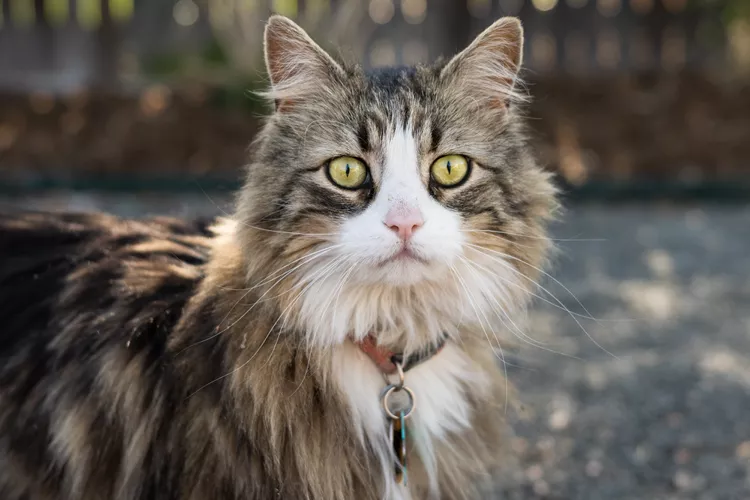
75 Unisex Cat Names
Our gender neutral cat names perfect for your feline friend, with a diverse selection of fun and inclusive options to fit your pet's disposition.
Why Does My Cat Stink?
Is your cat stinky? Find out about the causes of bad odors in cats and when it is something to be concerned about. Learn how to help your stinky cat.
Signs of Rabies in Cats
Rabies is a fatal and contagious virus that can affect cats. Learn about the signs of rabies in cats and what to do about them.
Can Cats Eat Dog Food?
Can cats eat dog food? In small amounts, it's unlikely to be a problem, but long-term feeding of dog food to cats can cause health issues and malnutrition.
Exploring the Different Types of Pet-Friendly Beaches
Are you looking for pet-friendly beaches? Learn about the different types of pet-friendly beaches, their locations, and tips for visiting them with your pet.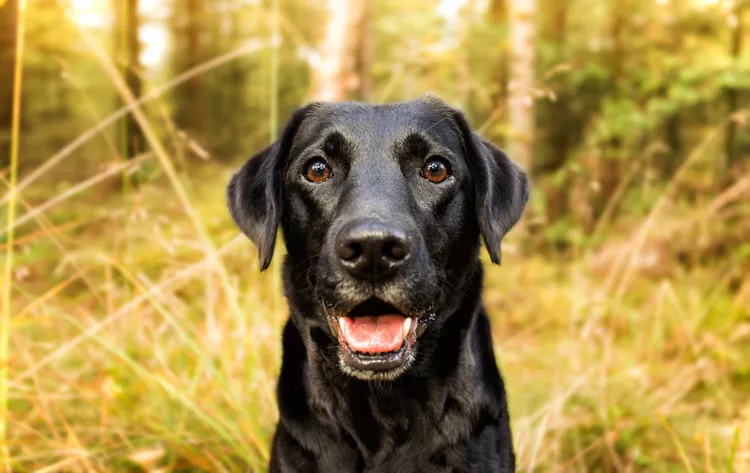
Pulled Muscles in Dogs
A pulled muscle is one of the most common injuries seen in dogs. What can you do if your dog pulls a muscle and how can you prevent it?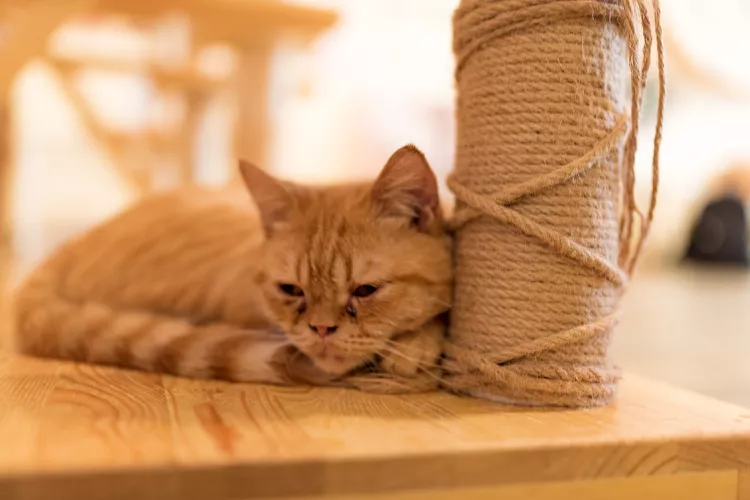
Fibrosarcoma in Cats
Fibrosarcomas are potentially fatal soft tissue tumors that can occur in cats. Learn the causes, treatment, and prevention.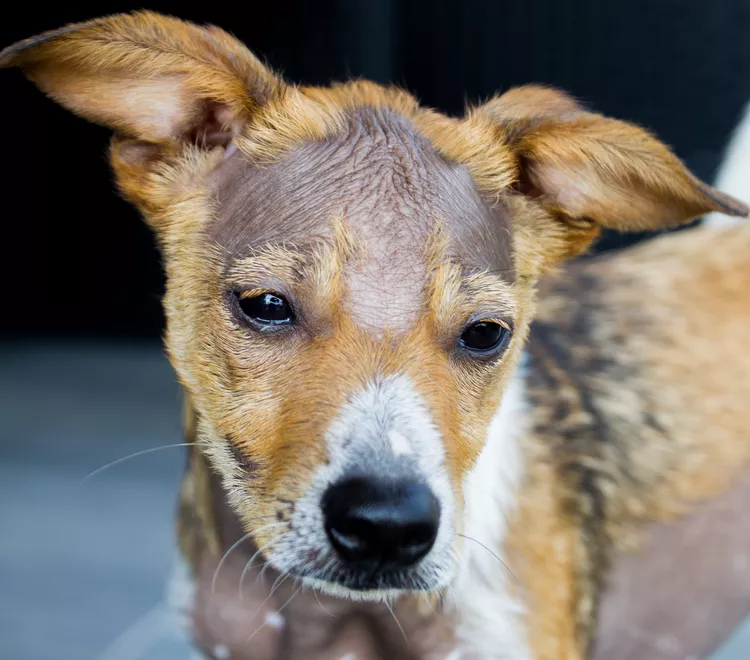
Alopecia in Dogs
Alopecia leads to hair loss and bald spots in dogs. Some breeds may be more at risk. Learn common causes, treatment, and prevention of dog alopecia.
Is Acetaminophen Safe for Dogs?
Acetaminophen is used by humans for pain and fever relief, but is it safe for dogs? Here's what you need to know before giving your dog acetaminophen.
Can Dogs Eat Almonds? Understanding the Risks and Guidelines
Can dogs eat almonds? While a couple likely won't hurt, it's best to avoid feeding your dog this nut. Learn the risks here.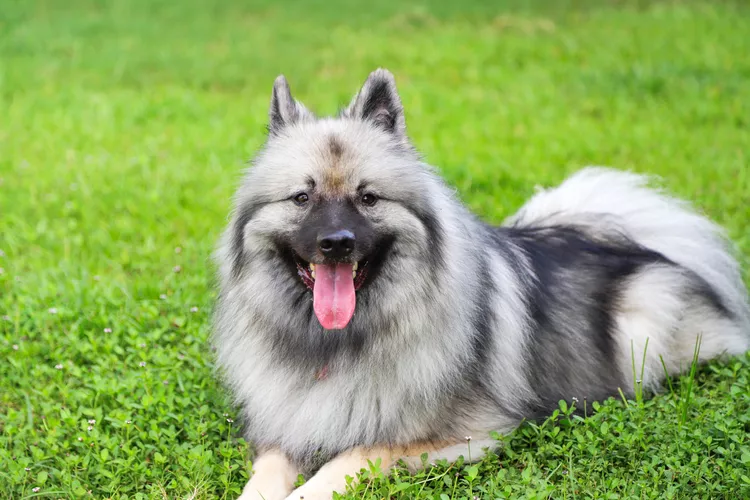
Keeshond: Dog Breed Characteristics & Care
Learn about the keeshond dog, also known as the Dutch Barge Dog. This fluffy spitz breed was bred to guard, but also makes a friendly companion.
Is Rosemary Safe for Dogs?
Rosemary is used both for cooking and as a supplement with many reported health benefits in people, so you may be wondering if it is safe to give to your dog. Rosemary is considered non-toxic for dogs but with some caveats.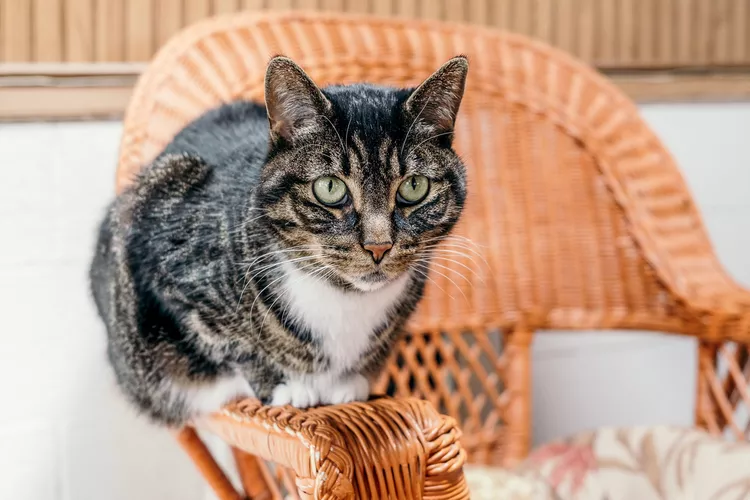
7 Hybrid Cats Breeds
Hybrid cat breeds can make appealing pets since they look more exotic than domestic house cats, but they aren't for everyone.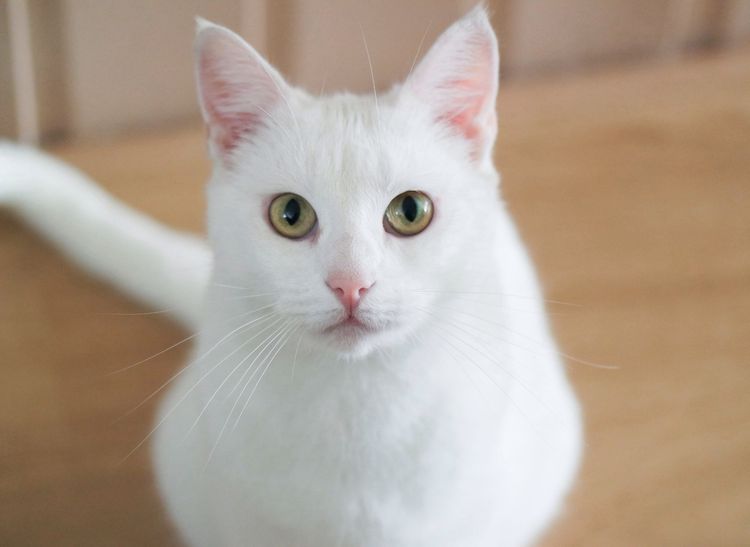
The Best White Cat Breeds to Keep as Pets
Several breeds can result in white cats with long or short hair. Find out the pros and cons of these white cat breeds.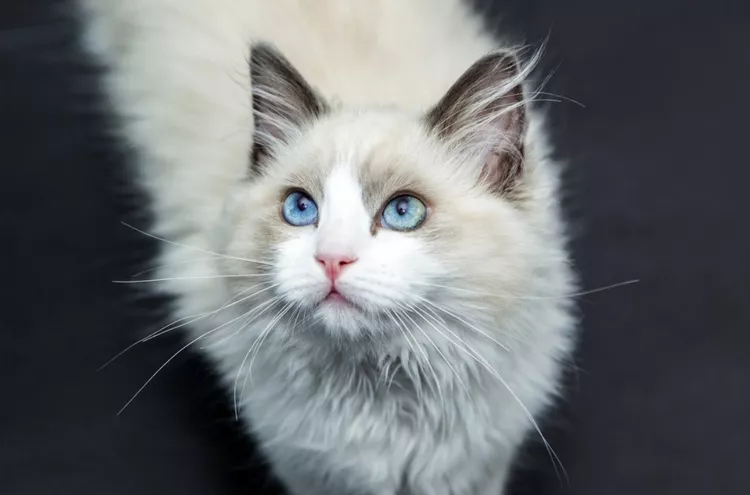
11 Cute Pictures of Ragdoll Cats
Ragdoll cats are known for their beautiful coats and bright, blue eyes. Learn all about the breed, and check out some cute pictures here.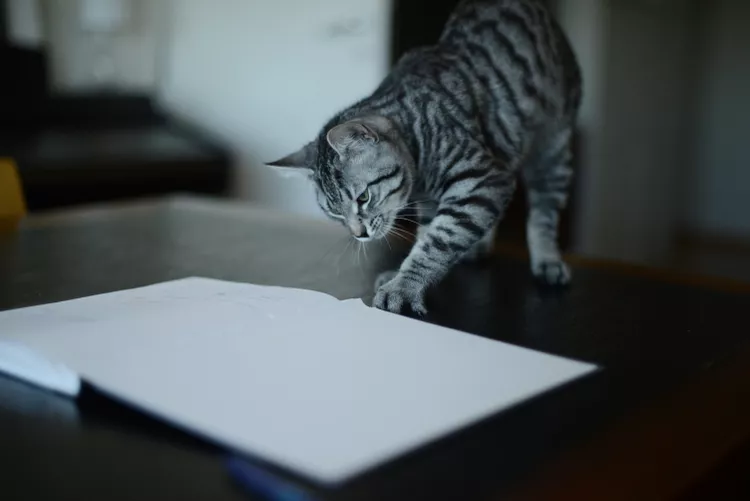
7 Reasons Why Your Cat Eats Paper, and How to Stop It
Is your cat eating paper? Learn why your cat is doing this, and find out how to put a stop to it.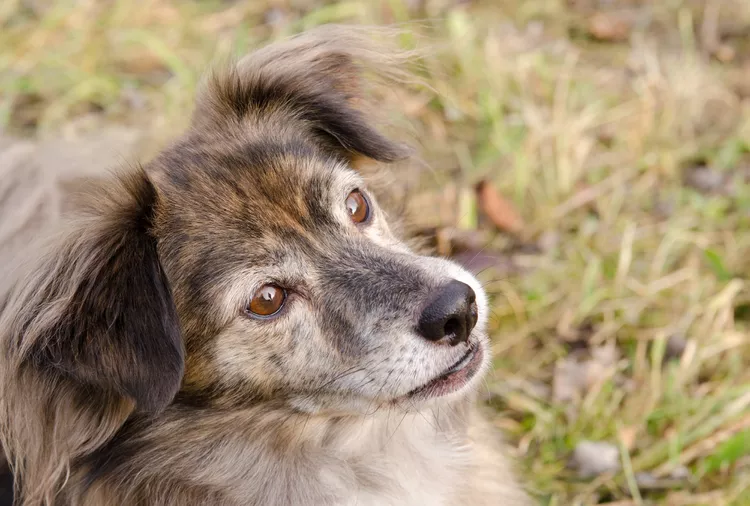
Feist: Dog Breed Characteristics & Care
Feists are small, short-haired dogs developed to hunt squirrels and catch vermin. These high-energy, affectionate pooches make great companion animals.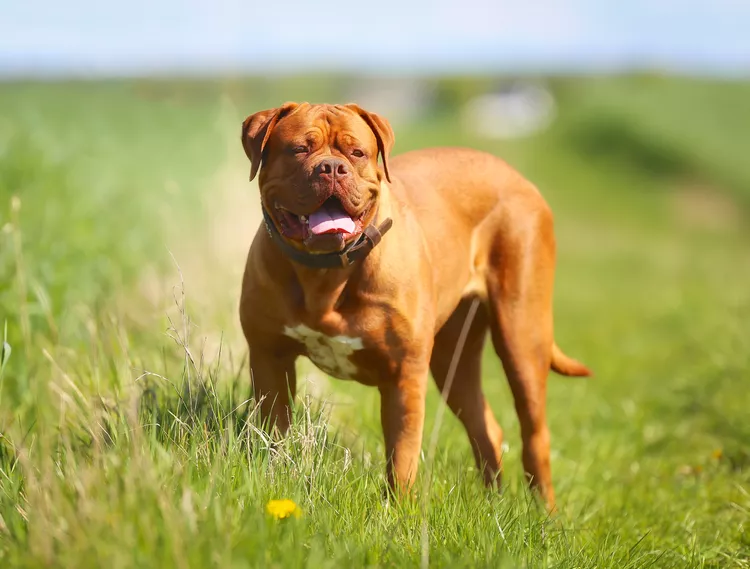
Dogue de Bordeaux (French Mastiff): Dog Breed Characteristics & Care
Learn about the Dogue de Bordeaux, also called the French mastiff. Although large and muscular, they’re known for their calm and gentle personality.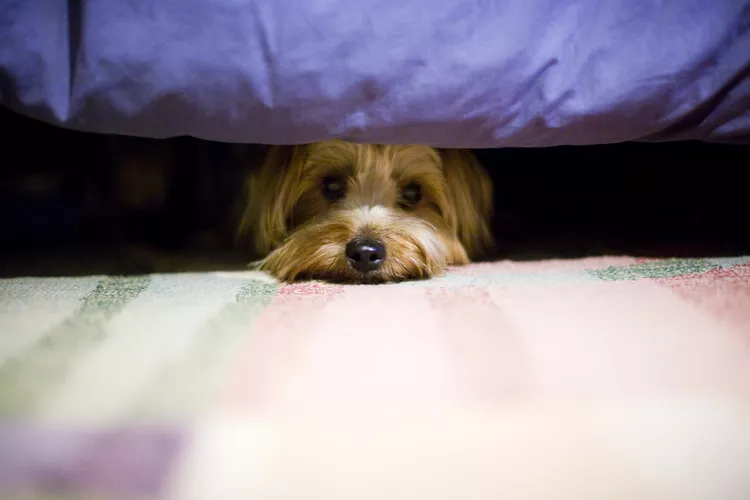
How to Stop Your Dog From Fearing Men
Many dogs have a phobia of men. Learn how to help your dog overcome its fear through desensitization and training while keeping everyone safe.
Why Dogs Eat Poop and How to Stop Them
Is your dog eating poop? Some dogs do this because of stress or illness. Learn how to prevent stool eating, or coprophagia, in dogs.